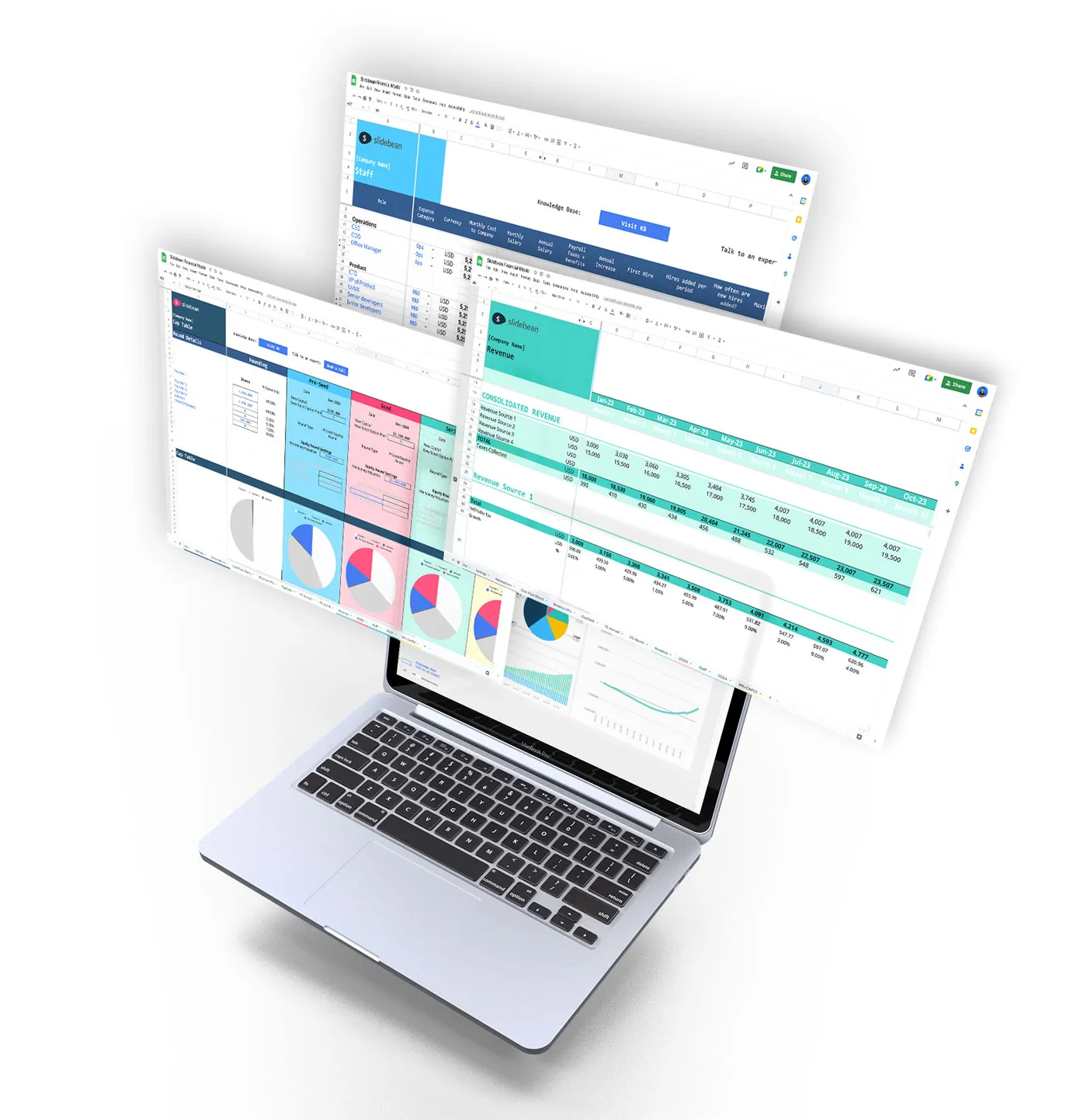
Startups are hard. But managing customer information is harder. Modern founders use spreadsheets, reminders, note-taking apps, and countless other tools—and while this setup might work in the initial days, as the leads start flowing in, it gets difficult to streamline all the information.
It's easy to forget to follow up with your potential clients; maybe you miss their call, or snooze your reminders because you're busy doing something else, and then end up missing deadlines.
But all you really need to solve these problems is a central platform to track your activities. That's where a CRM comes in.
What is CRM software?

CRMs, or customer relationship management software, are business applications which help companies organize not just their contacts but all their customer information to streamline communication.
By using a CRM, you can:
- Store customer contacts
- Send and receive emails
- Set follow-up reminders
- Save important documents
- And do a lot more!
They also come with built-in analytics features to contextualize customer data like purchase history, sales interactions, and user behavior, which help businesses optimize business processes to improve customer satisfaction.
Why do startups need a CRM?
An entrepreneur's primary goal is to build, develop, and grow their startup. But as important as customers are, employees are the true lifeblood of an organization.
Productivity and efficiency are the key to keeping a balance between the two. To achieve this, a CRM plays a major role in:
1. Setting goals and benchmarks for every employee
2. Automating manual and repetitive tasks
3. Facilitating collaboration between teams
4. Maintaining all customer information and interactions in real time
All the business units of a startup can use a CRM to improve their progress.
Let's discuss how marketing, sales, and customer support can use a CRM.
Marketing teams use a CRM to:
Create personalized content
As all the information is stored in one place, it's easy to pull the data to customize communication. It's also easier to increase the relevance of advertisements by analyzing data on purchase history, access important customer information for use during calls, and offer discounts based on usage patterns.
Make data-driven decisions
Automating data collection helps you in identifying patterns and trends. A central platform for customer information helps you better understand the source for new customers—whether it's an online search, an online ad, or a recent campaign—and then to double down on what's working and stop what's not working.
Segmenting and targeting customers into buyer groups
Save time to sell more
Manual data entry is one of the biggest productivity killers for salespeople. A data entry CRM can automate these repetitive tasks to save time.
Convert better with lead management
CRMs can help in categorizing leads based on where they came from, so sales representatives can especially respond to inbound leads when they're hot. A sales operations framework can be built out, which helps salespeople with step-by-step processes to track customers from lead to sale.
Sell more with sales reps
CRM helps sales reps to analyze the needs and anticipate the problems of customers. Taking the right action at the right time will increase customer satisfaction, which in turn increases brand loyalty. Based on their requirements, cross-selling and upselling is possible, resulting in higher profits.
Forecast sales
A CRM helps in monitoring data sets, such as call volume, potential purchases, lost customers, reasons for not purchasing/upgrading, and more. By visualizing the percentage of wins against total leads, it allows a salesperson to predict future sales.
Customer support teams use a CRM to:
Personalize customer experience
Business success is defined based on how you treat your customer. CRM helps you in quickly replying to their requests, and saves you and your customers’ time by enabling you to choose from the customizable templates for emails, invoices, and proposals.
Solve complaints faster
By having better knowledge of customers, CRM helps you in optimizing and streamlining your communication. The better you're equipped with customer information, the faster you resolve their problems and the stronger your relationships will grow.
Consolidate customer interactions
Every interaction your customer has with the company can be mapped and stored in one place, be it an email, a message on social media, or a phone call. Through a ticketing system, these complaints can be assigned to respective account managers, if not customer service engineers. As they will have details about previous issues, it also comes in handy for solving future problems.
Why is a CRM beneficial?
. Become more organized
. Attract more customers
. Improve customer retention
. Understand user behavior better with detailed analytics
. Collaborate across teams and stay updated
. Increase revenue per customer
. Identify and categorize leads to wins more deals faster
How to pick the right CRM
There are plenty of CRM software solutions on the market, but don't go by just the name or because an influencer is endorsing it. Here are 5 quick steps to figuring out what fits you:
1. Understand your business requirements
2. Talk to all the teams who will be using the CRM
3. Make a list of the features you need
4. Sign up for free trials and ask for demos
5. Inquire about customizations and integrations
Have you considered Bigin by Zoho CRM?

Bigin is a simple CRM solution from Zoho, built specifically for startups and small businesses and teams—such as freelancers, agencies, solopreneurs, and creators—to get started with their CRM journey and manage their customer-centric operations more effectively.
It allows you to manage customer information, such as activities, deals, and all your interactions with customers and prospects in one place. Because it's simple and easy to use, Bigin is already trusted by over 7,500 businesses across the globe.
Some of Bigin's standout features are:
- Multiple customer pipelines to monitor and close deals faster
- Built-in telephony to make calls right from your CRM
- Simple workflow automation to automate your daily tasks
- APIs and integrations to connect seamlessly with your favorite apps
- Custom dashboards to monitor your performance accurately
And the fully loaded Bigin app for iOS and Android lets you close deals even on the move!
CRM software strengthens relationships, increases profits, and saves time.







